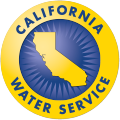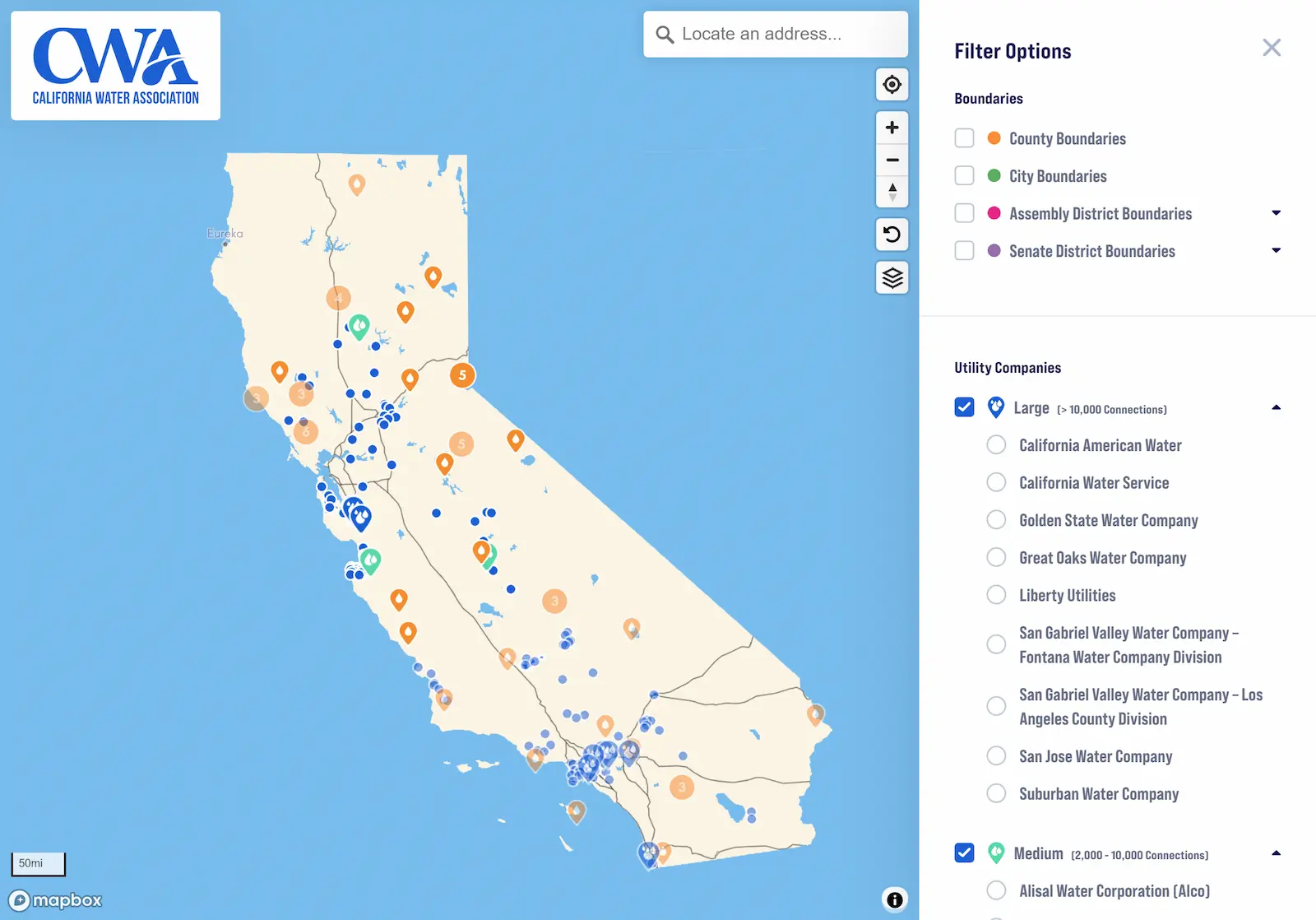Taking Action to Continue the Delivery of Safe, Reliable Water While Protecting Employees
As the COVID-19 pandemic continues to impact the world in unprecedented ways, CWA members are taking action to protect the health and safety of their employees as they carry out their critical role in delivering safe, life-sustaining water service.
Some of the actions taken by CWA member in the past several weeks have included:
- Implementing business continuity/emergency plans, including identifying mission-critical tasks and positions, minimum staffing levels and available redundancy.
- Providing relief for customers experiencing financial hardship because of COVID-19 such as suspending disconnections for nonpayment, restoring service to customers recently disconnected for nonpayment, waiving late fees, extending payment plans and suspending removal from existing low-income payment programs.
- Implementing remote work arrangements for employees whose job responsibilities can be performed off site. Many are “shelter and ready” and stand ready to come into work if needed.
- Taking precautions for employees who must report to the office such as working in shifts to maximize office space per employee, moving employees into conference rooms or offices vacated by teleworkers, observing social distancing and disinfecting common areas.
- Closing walk-in customer service offices and helping customers via phone and email. Many Customer Service Centers are fully remote while others are continuing to report to offices and taking precautions noted above.
- Taking steps to support employees through flexible employment policies that allow time off to care for a sick family member or children at home due to school closures.
- Keeping customers and other stakeholders updated about the actions they are taking in response to COVID-19 through a wide variety of communication channels, including websites, social media, email blasts, media outreach, bill text messages, direct mail and office signage.
- Preparing for potential impacts to credit and collection processes, such as delays in collections process if employees are impacted by COVID-19 and increases in uncollectible accounts and ultimately reduced cash flow available to pay day-to-day costs such as power for pumping, employee labor, chemicals used in the treatment process, and construction of critical infrastructure.





